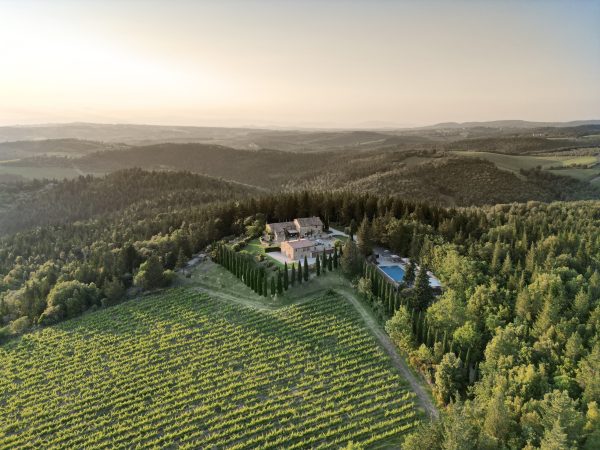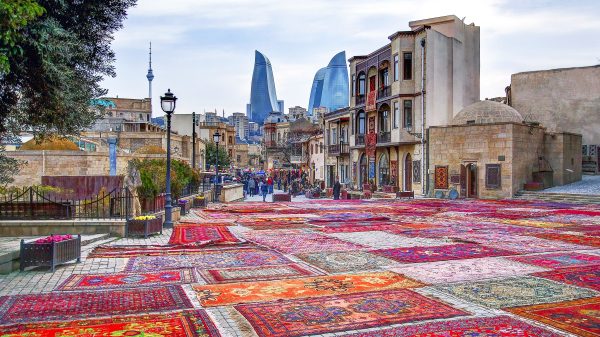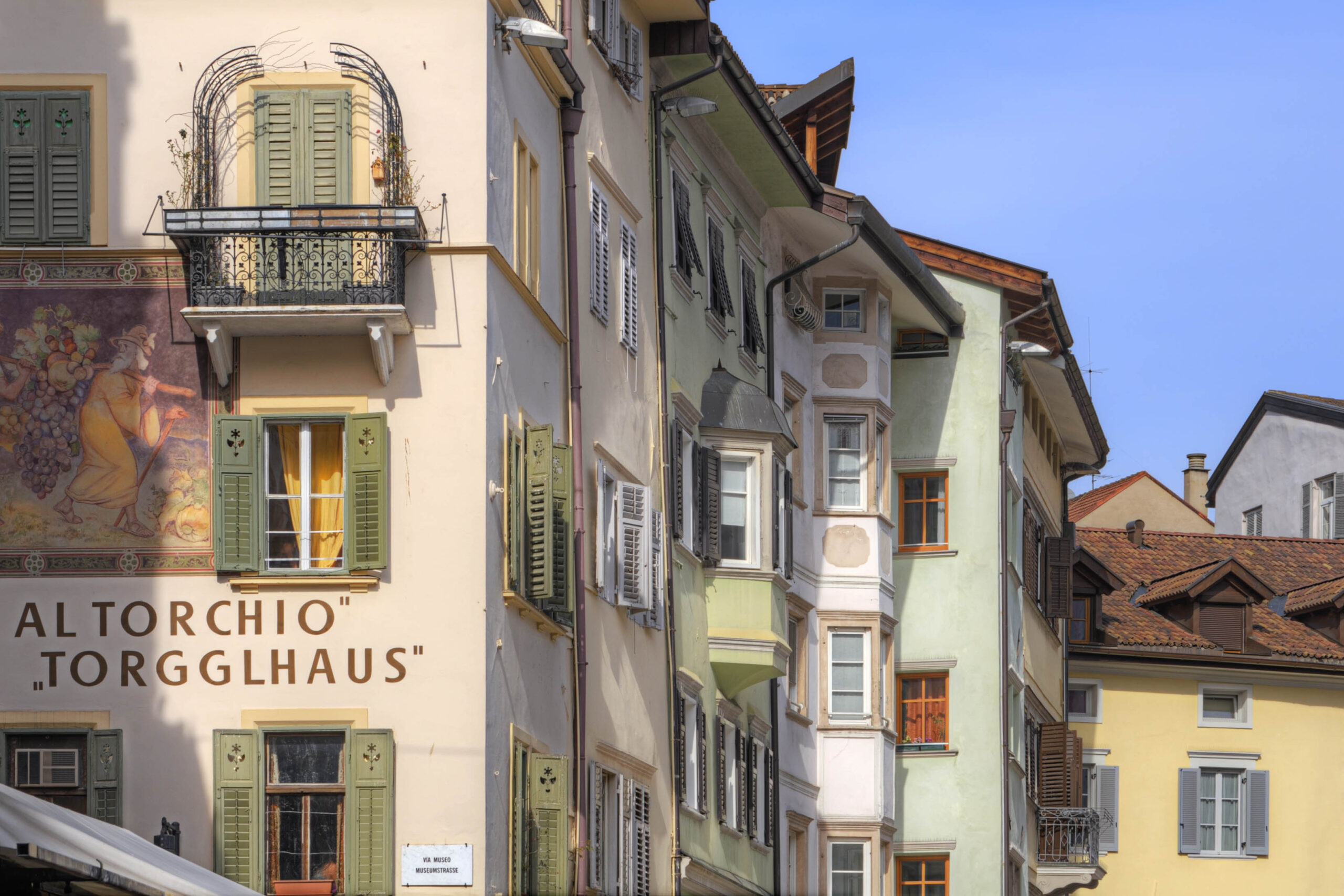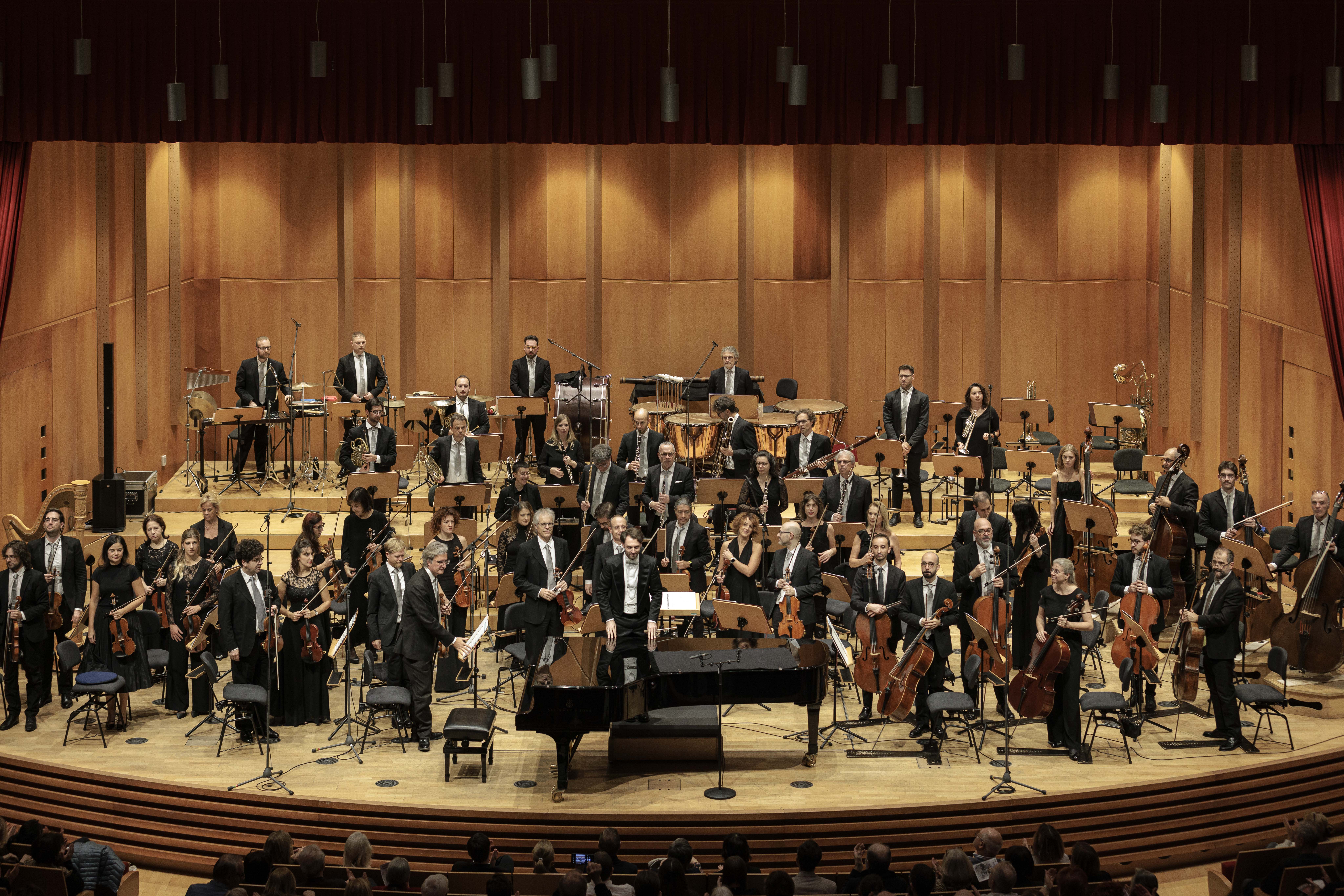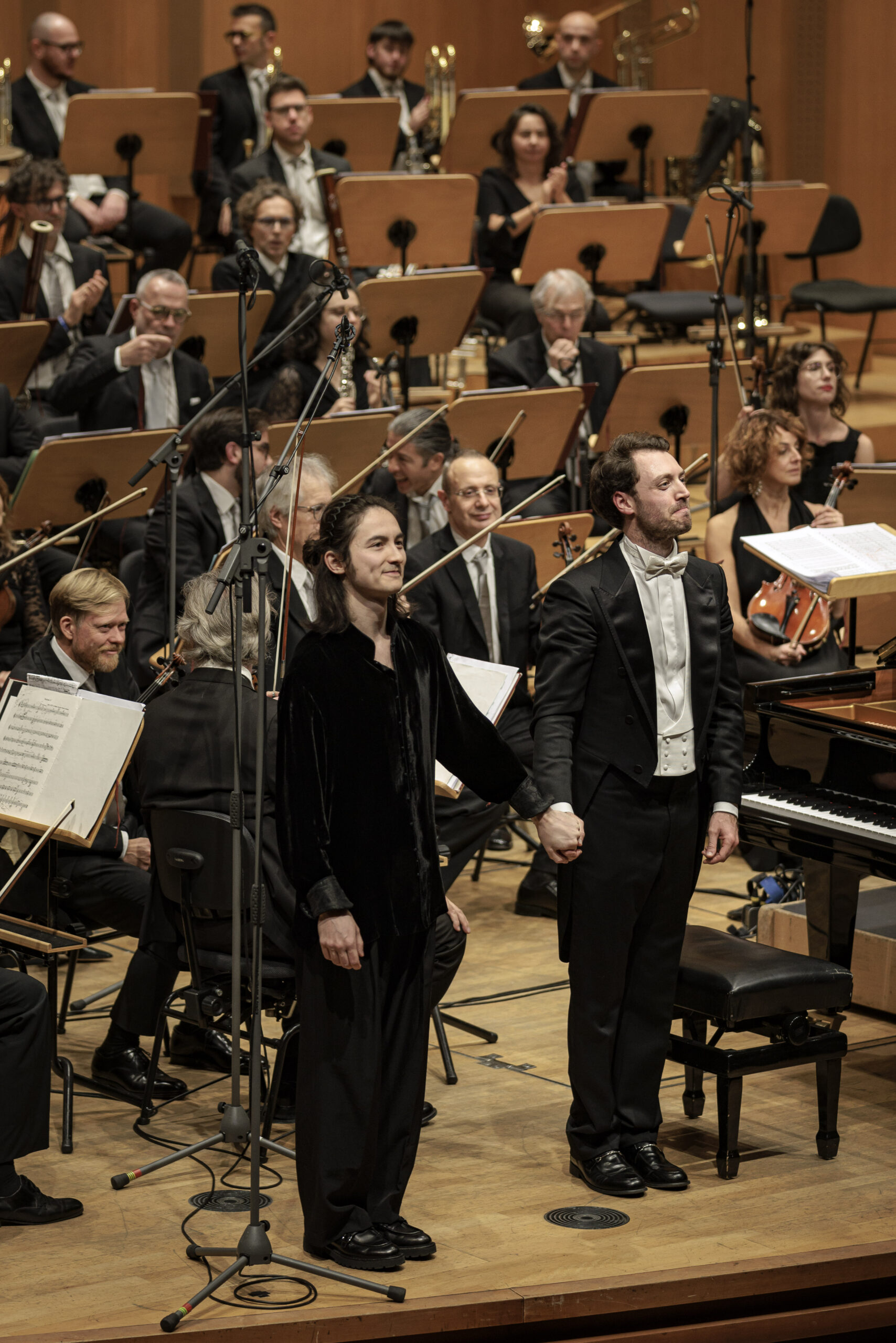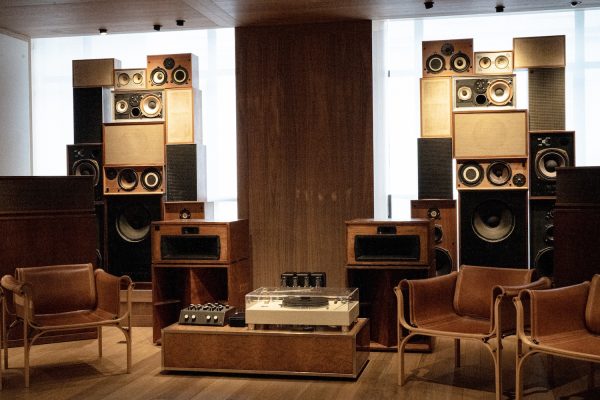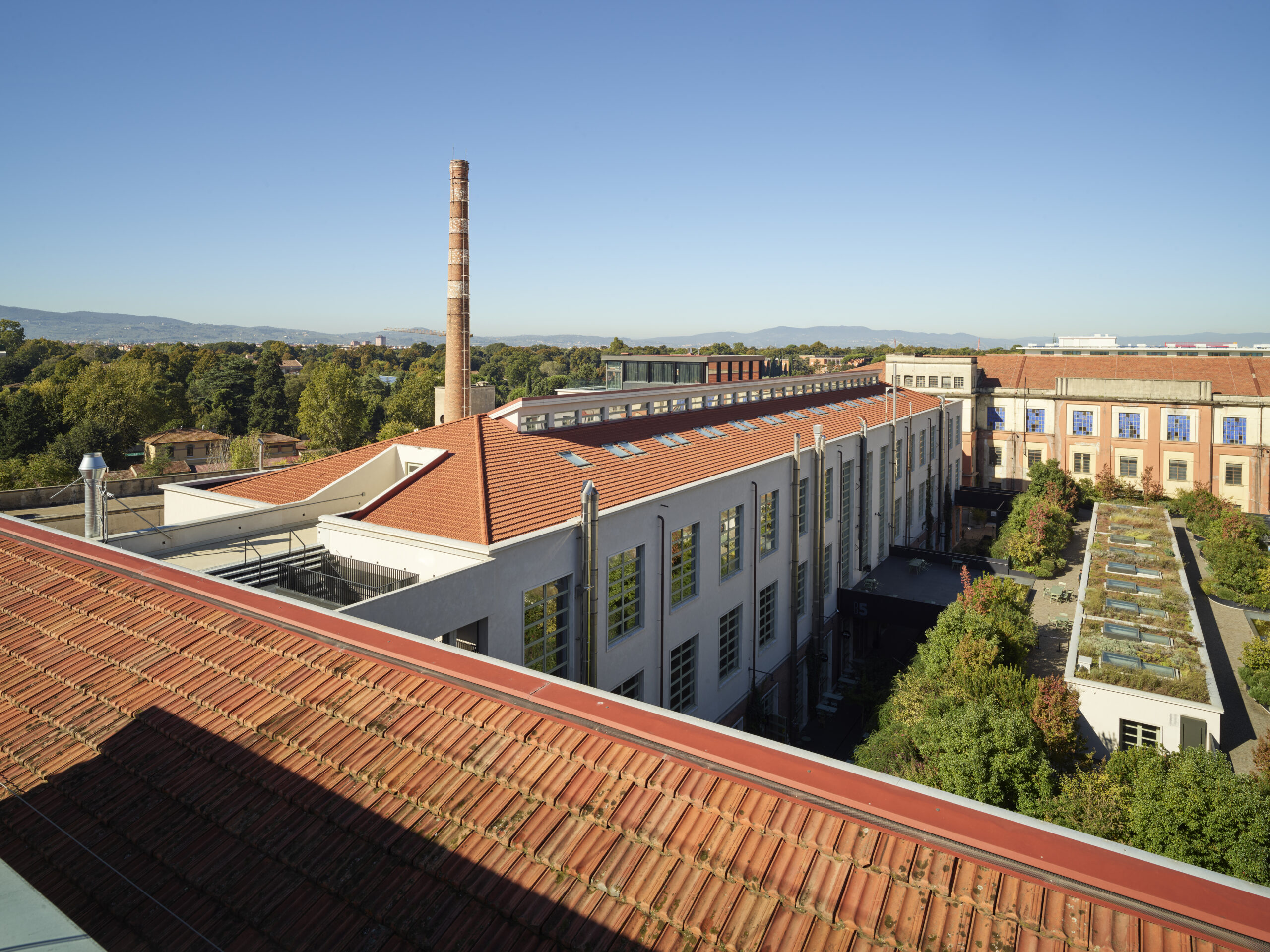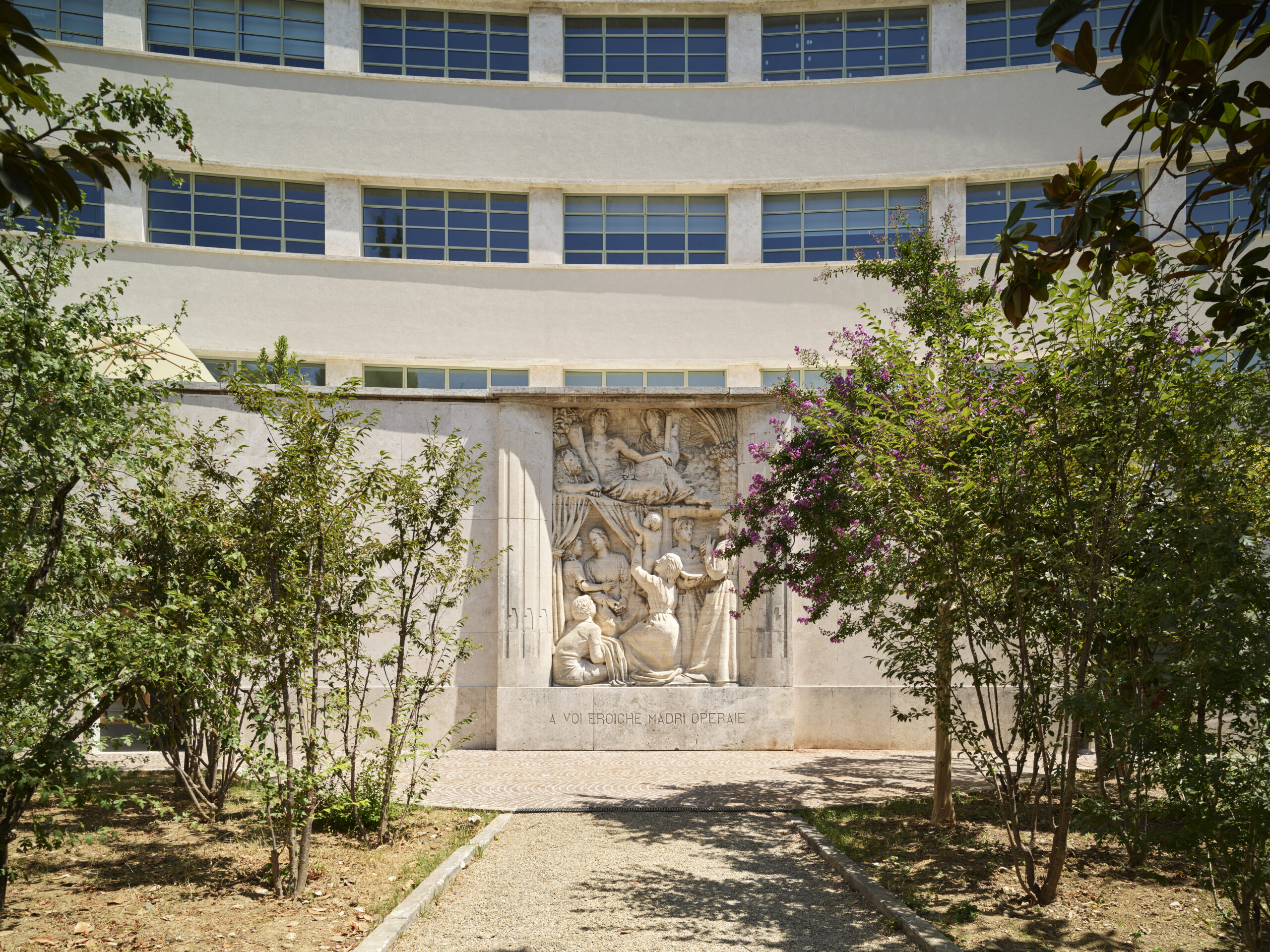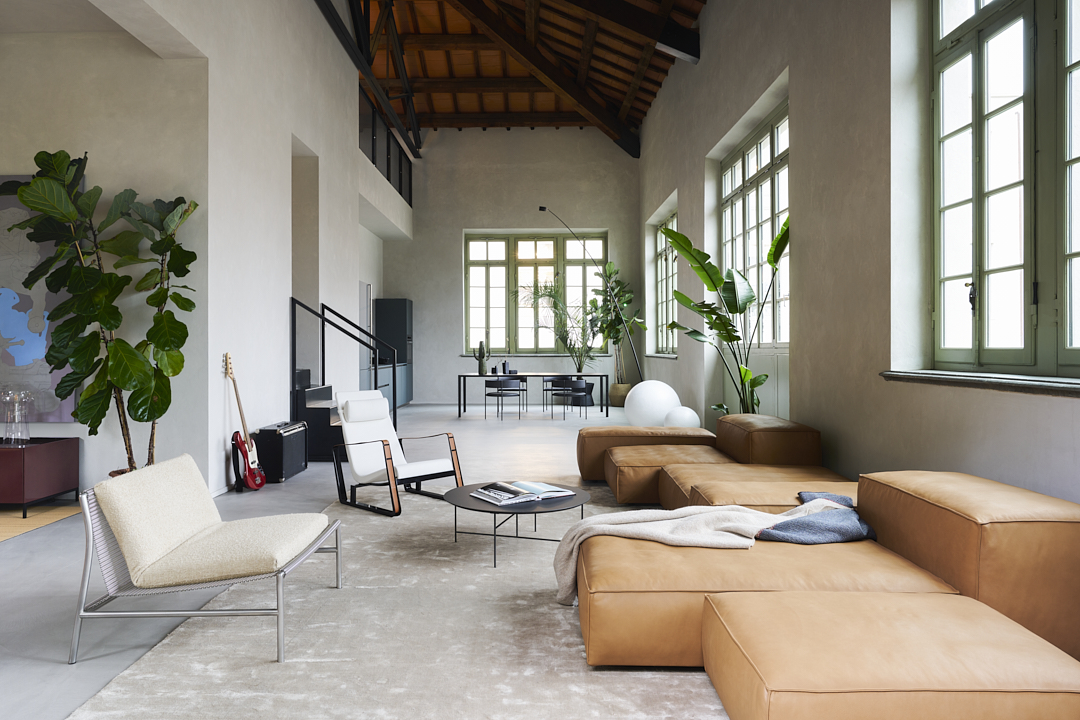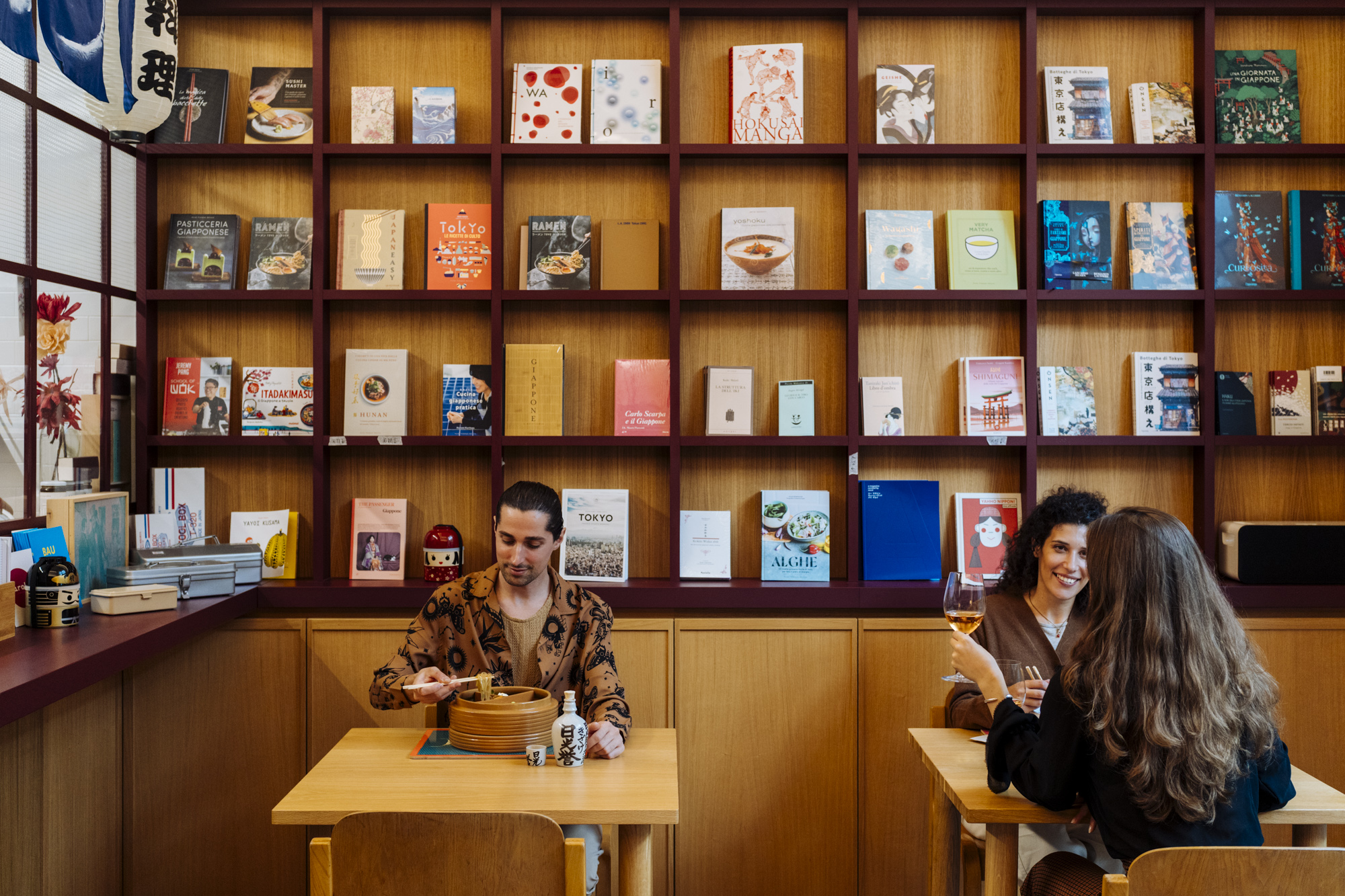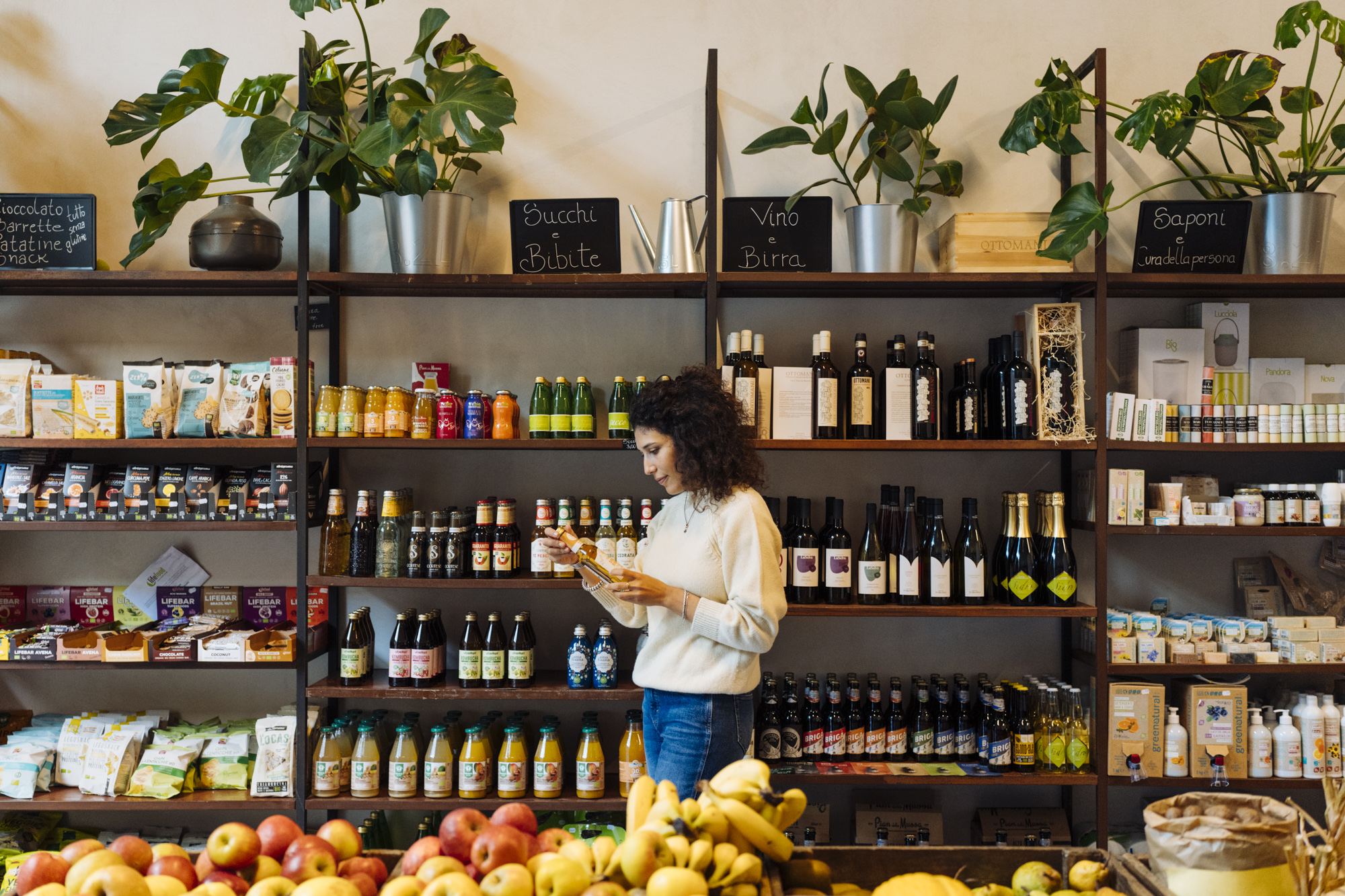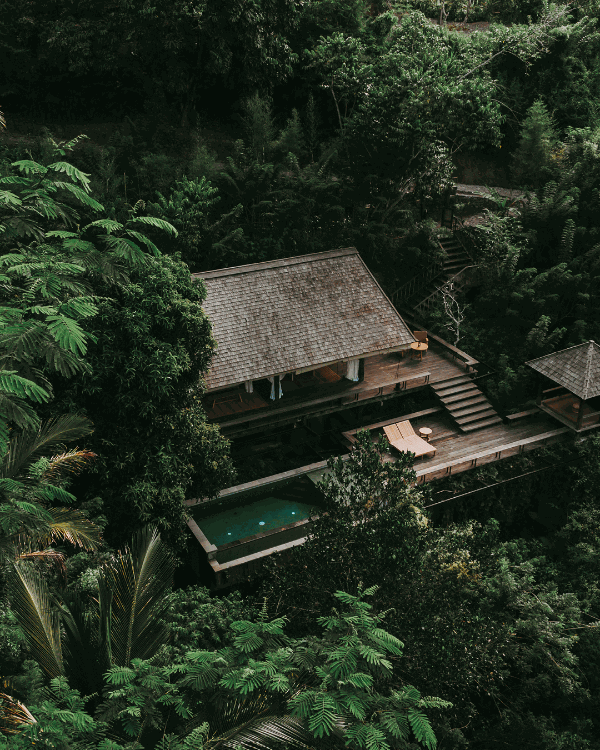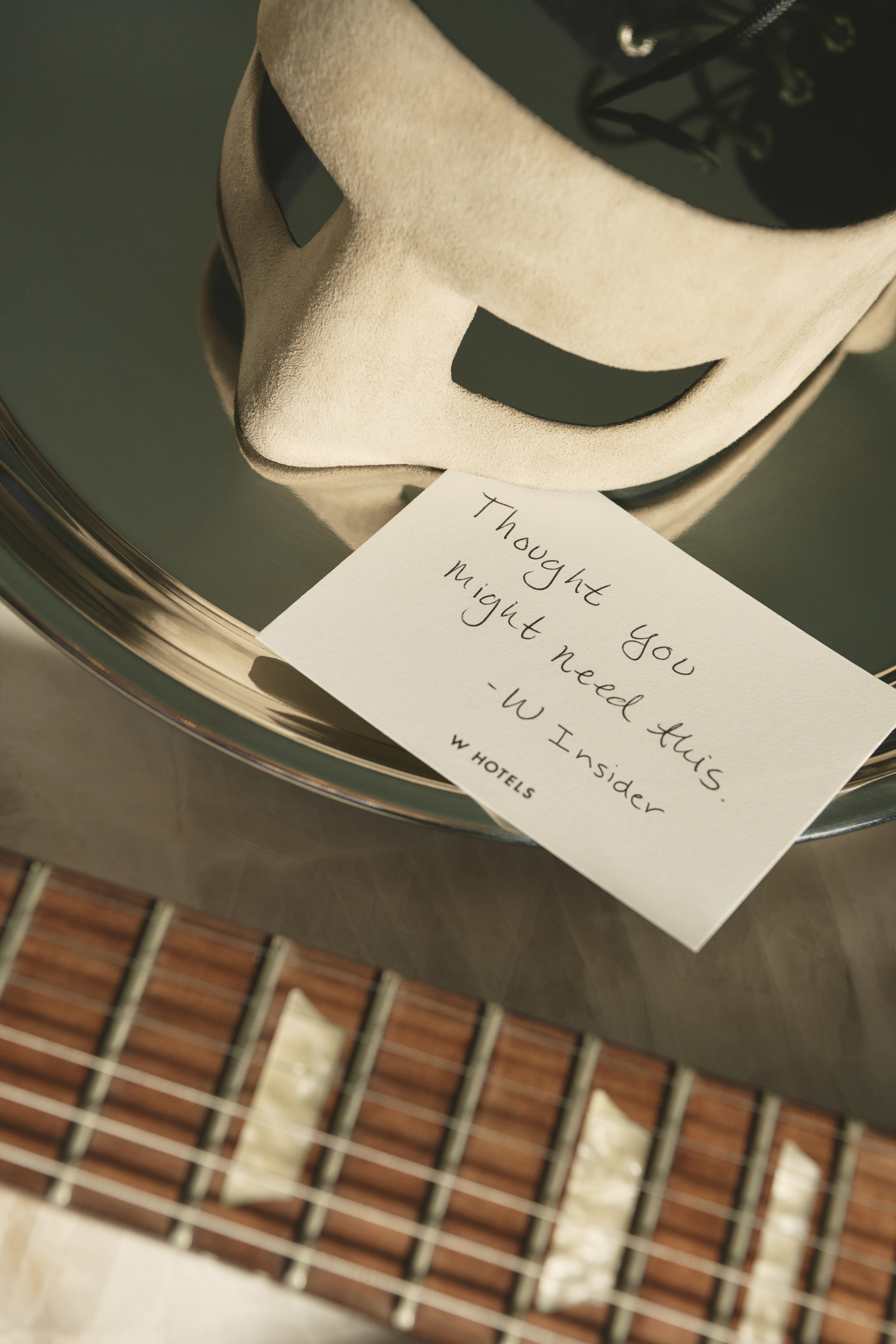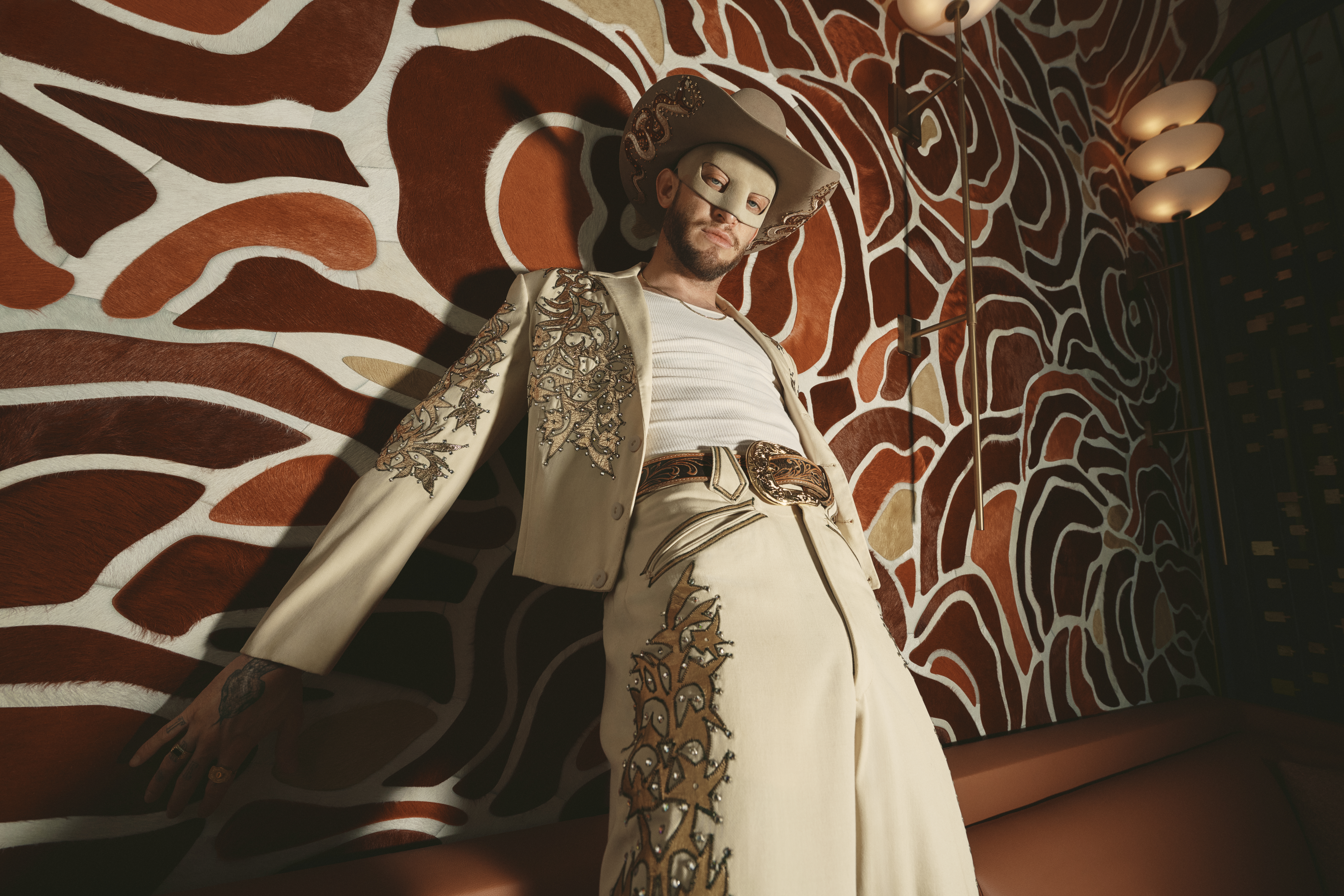
Sometimes (well, most of the time, if it was socially acceptable) we need to get away from it all. Abandon all man-made horrors—phones, social media, hustle culture—and embrace the serenity of nature.
Provence evokes an escapist fantasy, filled with a Ripley-esque aesthetic and majoring in elegant, laidback simplicity. It’s the ideal atmosphere to relax and unwind. The village of Bonnieux is the epitome of all things typically Provence. It’s got the winding cobblestone paths, whimsical (and forever photogenic) cypress alleys, vast expanses of grey-green garrigue, lavender fields and the distant sound of crickets.
Hidden within Bonnieux is a quaint hamlet of little stone buildings, scattered among lush, wild gardens. Driving past it, Capelongue Bonnieux can easily be mistaken for a tiny Provençal village. In fact, this charming oasis is a hotel. Opened in 2022 after a huge renovation, Capelongue Bonnieux feels like it’s been part of the region for decades. Timeless and quaint, the hotel’s extensive grounds are occupied by 57 stone buildings of varying shapes and sizes, serving as rooms and suites.


Designed by the architects at JAUNE, Provençal charm is everywhere. Rooms are rustic, arty and unfussy, but not limited. There are all the creature comforts—flatscreen TV, mini-bar, Bluetooth speakers—but the vibe prioritises laidback, minimal, understated chic. Think glazed earthenware, natural fibres, wicker furniture, crisp linen sheets, crowns of dried wheat and terracotta tiles.
Most rooms have a terrace or balcony either overlooking the swimming pool or extensive grounds. Even ones that lead out to one of the many herb gardens that scent the air. Fiercely proud of the local heritage, every corner of the hotel is filled with antiques, art and ceramics made by local artists both young and old. Even the furniture has been made by regional craftsmen.



The food scene at Capelongue is so good that you don’t have to drive out to the main village. There are two restaurants—the Michelin-starred La Bastide and the more casual La Bergerie, which is cosy Provence vibes at its finest with its wood-fired oven and insane views of Bonnieux from its open room and terrace. It gets busy with locals and hotel guests but the quiet chaos is part of its charm. The majority of what’s on offer is made over the woodfire so offerings are hearty. Dishes to try: the grilled Mediterranean sea bream, the super-crispy Provençal pizza, the roasted artichoke with homemade aioli and anything that’s the chef’s choice of the day.
Not to miss: the dessert buffet of dreams which is essentially a table loaded with regional cakes, rich chocolate puddings, handmade cookies, bowls of freshly whipped cream and seasonal fruits.
There’s also a little café on-site—Café Capelongue—which offers great drinks and very moreish regional dishes to share. It’s probably the most romantic and picturesque part of the hotel with its bubbling fountains and chairs and tables hidden throughout the grounds.


In terms of wellness, there are two pools at Capelongue. One that’s for relaxing and unwinding—ideal for the sunlounger loafers and those that just like to chill and dip in now and then. The other is a narrow strip of a pool, made for the more serious strenuous swimmers and active lap enthusiasts. There’s also a fantastic spa hidden within a stone alcove behind unmarked doors. The treatment menu is small but mighty with some great facial offerings from Biologique Recherche. Massages are tailor-made and very well done. There’s also a very ambient Roman bath, a great little hammam and a gym. If lying on a massage bed isn’t your thing, sports enthusiasts will be happy to know that there are electric bikes you can borrow anytime and tons of yoga, tai chi, gymnastics and weight training classes on offer.
Capelongue Bonnieux is its own Provençal village within an actual village. Authentic, understated and beautiful. The perfect little tranquil oasis of peace and calm when you just want to escape it all.

photography + words. J. Bibi Cooper




















